The Road To IPR: Re‘tiring’ The Old World in Ontario
By Steve Meldrum
Safe and sustainable recycling of tires has emerged as a top priority for tire manufacturers globally. With an estimated one billion ‘End of Life’ (EOL) tires generated every year, it has become imperative for manufacturers to focus on EOL tires, especially since most of them originate from passenger vehicles. A tire is considered to be an EOL tire when it can no longer be used on any vehicle.
Understanding global tire recycling models
The World Business Council for Sustainable Development (WBCSD) has identified three key global tire recycling frameworks and have classified them as:
• Tire Industry Responsibility (where stewardship schemes are established by tire manufacturers for safe tire recycling and a separate recycling fee is charged at the time of tire sales),
• Government/Community Responsibility (where Governments assume an active role in clean-up programs) and
• Free Market Approach (where EOL tire enterprises operate independently providing there is suitable infrastructure to support recycling processes).

So, what exactly happens to your EOL tires?
EOL tires can be recycled into a number of items including crumb rubber, ground rubber, modified asphalt, gravel substitute, construction materials and wastewater treatment filters. From rubberized flooring for playgrounds, hockey arenas to athletic facilities, crumb rubber is very versatile and can be used to produce a diverse range of products including asphalt cement which can function as an alternative to traditional road and highway systems.
Ground rubber is also increasingly being used as artificial turf for athletic arenas or in children’s playgrounds to cushion falls. Gravel substitute can be used in place of gravel in roadway sublayers, drainage ditch aggregate and highway embankments. Tire chips can also be used as filters in wastewater treatment and constructed wetlands.
Ontario retreads recycling program
In Ontario, there are over 12 million new tires sold annually. In 2019, the tire recycling industry in the province underwent a major change as Ontario became the first Canadian province to switch to the Individual Producer Responsibility (IPR) model. The regulation that governs tire recycling changed and tire manufacturers are now solely responsible for:
• Registering and working with the Resource Productivity and Regulatory Authority (RPRA) to keep records, submit reports in a timely and consistent manner to increase transparency, measure performance and ensure compliance
• Meeting resource recovery standards for the collection and management of tires
• Providing a free and convenient tire collection network that provides a minimum number of collection sites across Ontario
• Educating consumers to increase public awareness and promote public participation in the resource recovery of tires
Each producer will have to either make their own arrangements to collect and manage tires to meet their mandatory targets or retain the services of one or more Producer Responsibility Organizations (PROs) to help them discharge their responsibility.
‘PRO’fessional Structure
A Producer Responsibility Organization (PRO) can partner with tire manufacturers, enter into contractual relationships with service providers on their behalf, work to organize collection and recovery, participate in research and development activities for new recovery routes, liaise with local authorities, and help them comply with reporting obligations.
Covering 80 percent of the obligation in Ontario, eTracks is the largest PRO in the province and was incorporated by the Tire and Rubber Association of Canada (TRAC). eTracks is a not-for-profit company with extensive knowledge on product stewardship and supply chain management in Canada. The company is committed to help its customers meet their obligations and function in an ethical and transparent manner, promoting best practices in tire recycling.
With the changes in regulation and the system, there is a need for consistent collaboration among tire manufacturers, governments and other players in the tire industry to ensure sustainable and safe recycling. A major positive outcome of the change in Ontario is that EOL tires are being increasingly viewed as a resource rather than waste material.
As the tire recycling industry evolves, driven by environmental issues, the need for a collaborative and structured recycling management program will assume paramount importance. While most developed countries have already established organized programs, innovation through research and development will continue to grow, in the pursuit of new, effective and environmentally safe disposal of EOL tires.
Steve Meldrum is CEO, eTracks Management Systems and has served in executive roles in the Clean Tech industry for more than thirteen years.
© Scrap Tire News, January 2020






